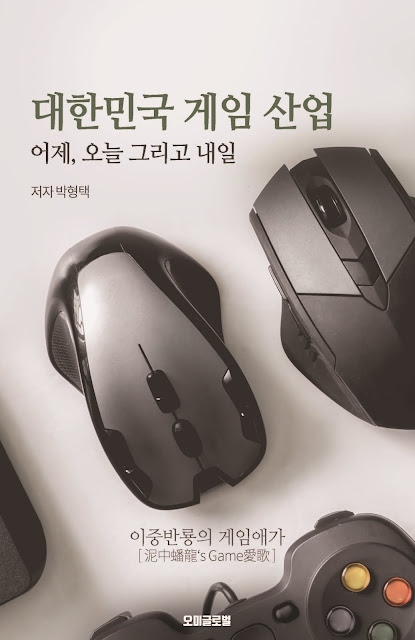泥中蟠龍's Game愛歌
[A love song for games of the dragon waiting for an opportunity]
Video game, copyright, bitcoin, and law
February. 01. 2018.
I read an interesting article yesterday. To sum up, Suwon District Court has overturned the original trial on the second appeal to seize bitcoin of a pornographic site owner, identified by his surname An, because the court regarded the cryptocurrency as the criminal proceeds. The ruling of the appellate trial holds significant meaning as bitcoin is included in criminal proceeds as a legally recognizable asset reversing the lower court's decision that the cryptocurrency should be exempted from confiscation because it is a non-physical object.
I want to leave various political debates and investment or speculation out of the topic here. I don't like to deal with the cryptocurrency powered by blockchain technology because I'm not a technocrat; notably, what does this technology mean in the content industry? In the era of the fourth industrial revolution, the difference between original digital content and replicated ones are not officially recognized. Regardless of copy, digital music files or image files maintain the same quality of the content. However, the characteristics of the digital content can be changed by blockchain because it enables users to tell the difference between original works and digital replica. Recently Kodak, a company well-known for its analog film with its historic basis on photography, announced that it will apply this technology to KodakCoin, a photographer-oriented blockchain cryptocurrency. It seems to intend to secure a copyright helping photographers with their creative endeavors.
Video games are linked with various fields in the content industry. For example, there are game character designs, video game soundtracks, and copyright protection for video games, etc. If game companies are supported by copyright law based on blockchain technology, they could attempt to develop new business models to generate revenue.
Just three years ago, I wrote an article criticizing an out-of-date court ruling; Seoul Administration Court stood for Korea Customs imposed a tax on an external hard disk drive stored video clips which were filmed in overseas locations. The world is changing faster than ever before. Of course, the pace of change in the legal field, which has to prioritize social stability, cannot catch up with the pace in the Industrial world rapidly responding to the changing times. But legal professionals, at least, should try to meet the demand of the times not to be gradually alienated from reality. So, in that respect, I give loud applause to Suwon District Court that ruled bitcoin is an asset because it can be of great help to content-based enterprises for protecting copyright.
※ This is from Kyunghyang Games column by 泥中蟠龍 since September 2013.
(http://www.khgames.co.kr)
Translation by Kim Ki-hui






